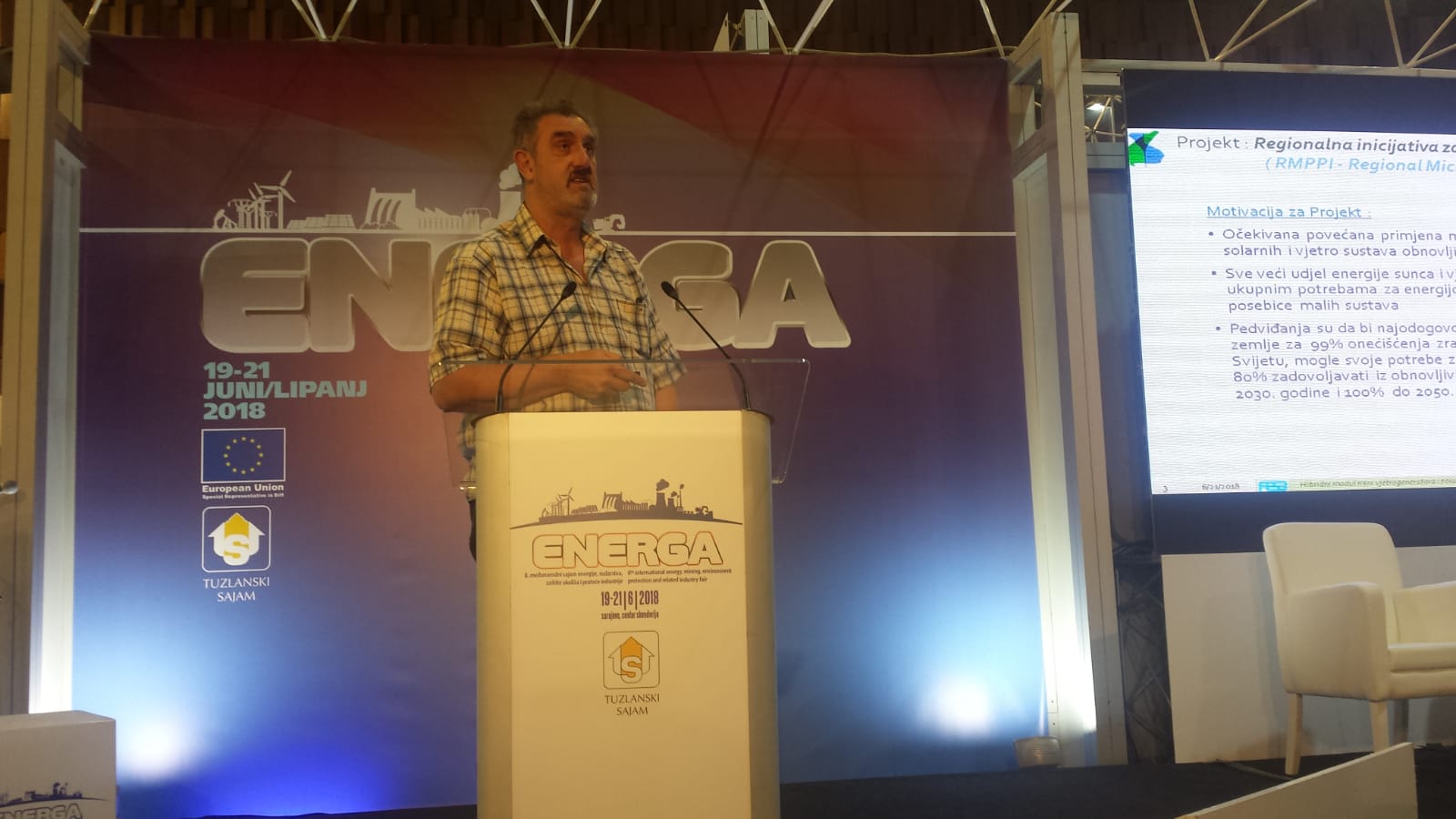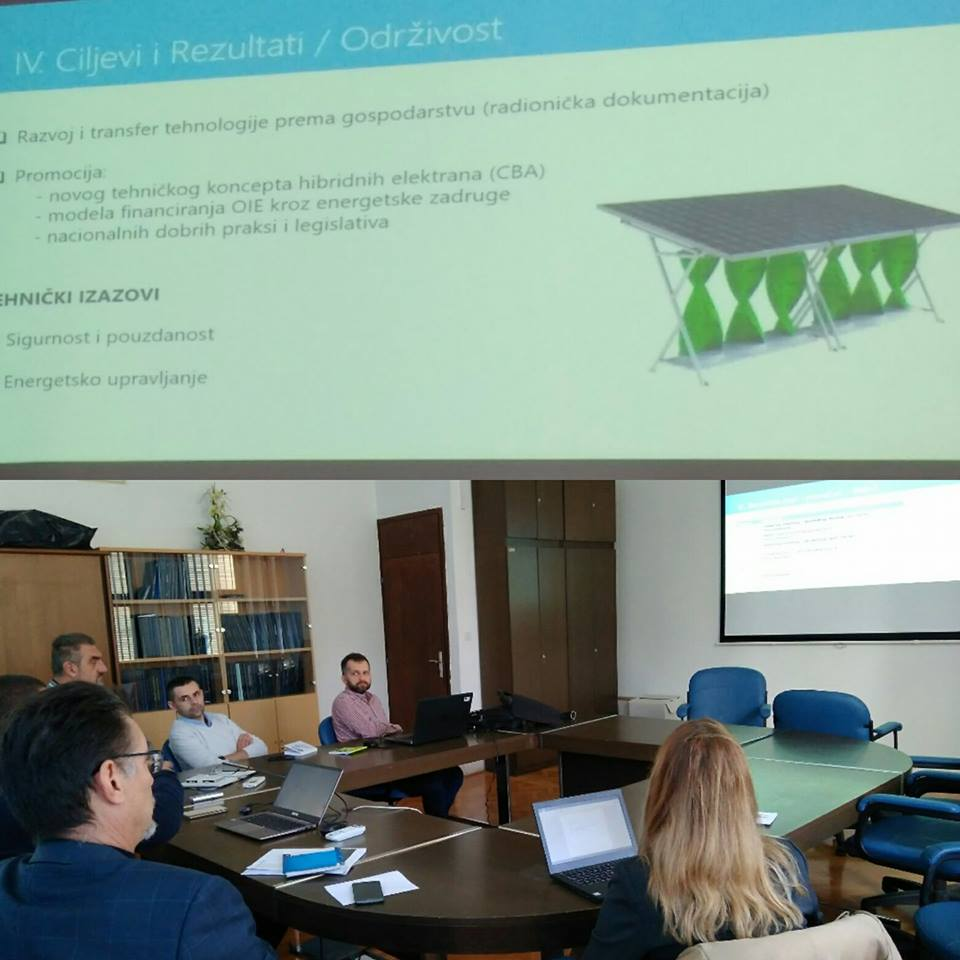About project
The Project „Renewable micro power plant initiative“ or short RMPPI, aims to increase the use of renewable energy sources in Croatia and B&H.
This is a cross-border project funded by IPA CBC Croatia – Bosnia and Herzegovina – Montenegro (HR-BA-MNE 262), with FESB (Faculty of Electrical Engineering, Mechanical Engineering and Naval Architecture Split) as the project leader and INTERA (Foundation for Entrepreneurship Development from Mostar) and DOOR (Society for Sustainable Development Design) from Zagreb as the project partners.
The project is designed in accordance with EU goals and strategy in order to help the transition towards low-carbon economy. It also achieves other goals such as employment, innovation, education, reducing energy poverty, and reducing the impact of energy production on climate change …
The overall goal of the project is to strengthen and mobilize research and innovation capacities in the program area, in order to address the problem of integrating renewable energy sources, (especially micro power plants), as a competitive and sustainable concept in our society. Raising awareness, education and promotion implemented within the RMPPI project aims to broaden the social impact of encouraging change in legislation for the use of micro power plants.
The project fits in with new trends and directives on building zero-energy buildings and strives to bring energy production closer to the site of consumption. Today, classical buildings are responsible for 40% of fossil fuel consumption. The directive 2010/31 / EU on Energy Performance of Buildings (EPBD II) stipulates that all new buildings must be almost zero energy from 2020. This means that we already have to launch new buildings that need to show very high energy efficiency, and their minimal energy needs should be largely covered by renewable energy sources. National plans must implement the contemporary concept of almost zero energy buildings through practical and applicable cost-optimal measures that will affect the increase in the number of almost zero energy buildings.
The RMPPI project involves the development of the hybrid panel concept that uses wind and solar energy for electricity production. The hybrid panel would also have compact dimension acceptable for integration into new and existing buildings. The project provides good practice of investing in renewable energy and the transfer of technical systems developed through the project as well as business models to key stakeholders in the program area.




